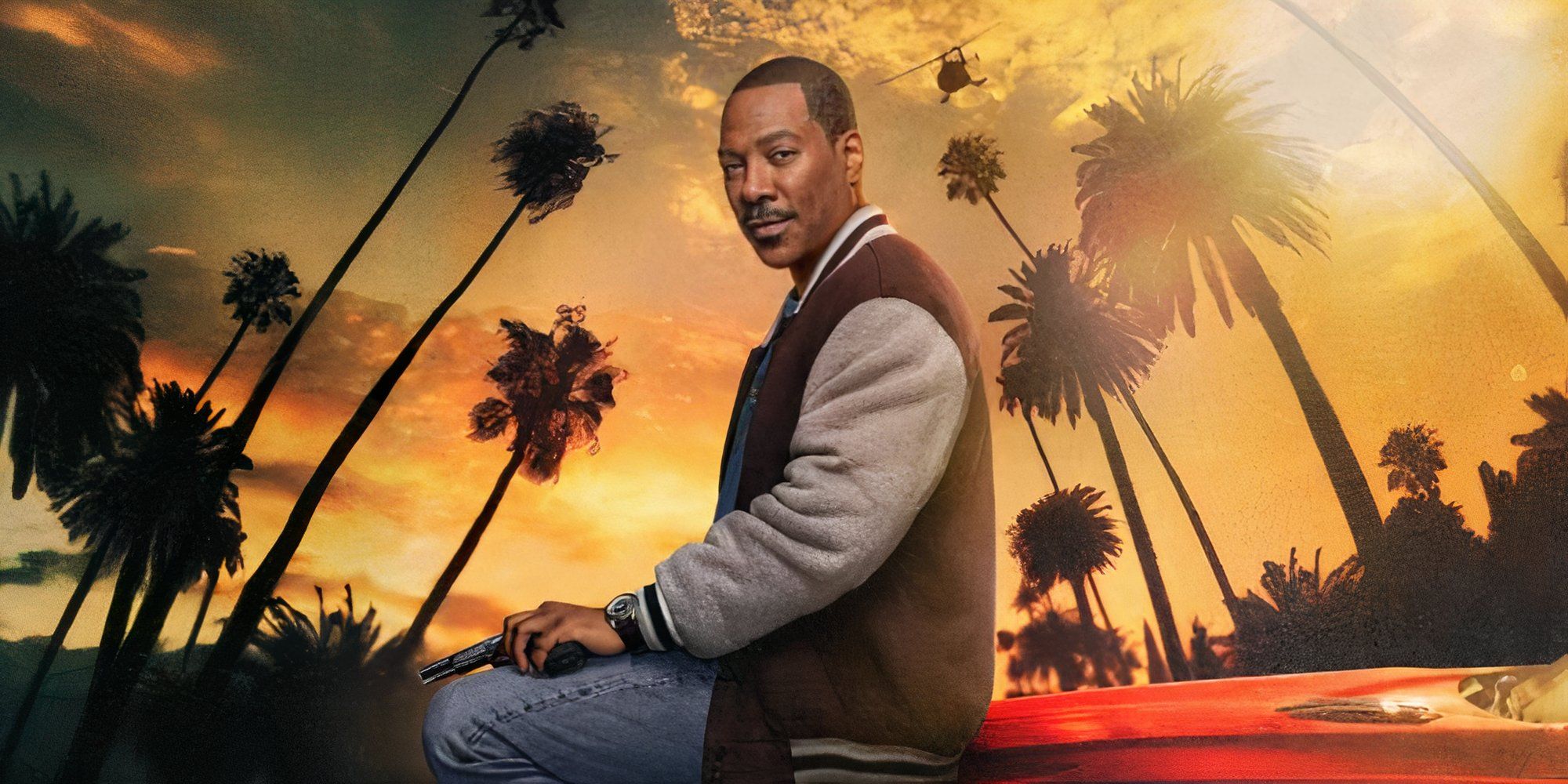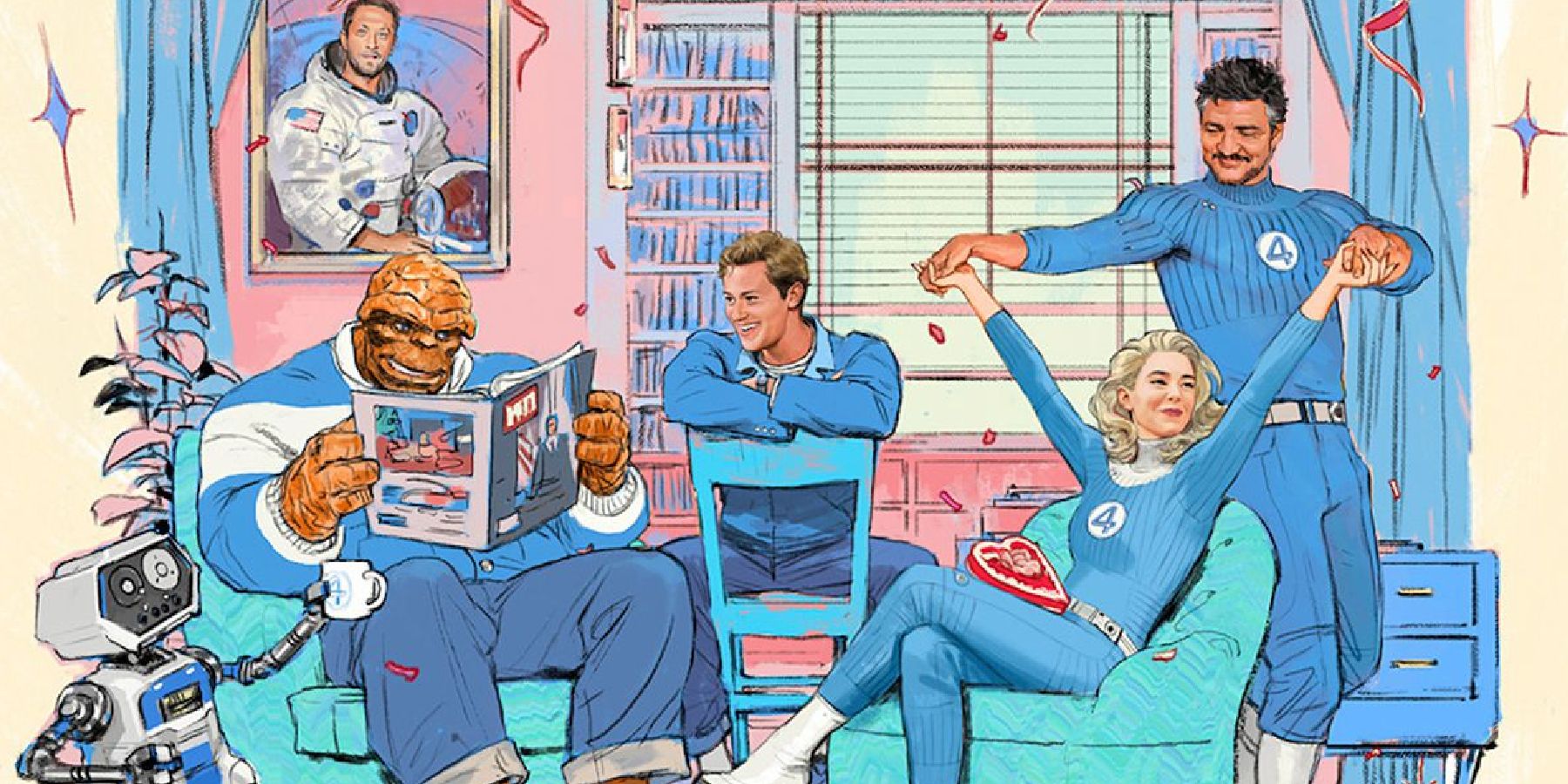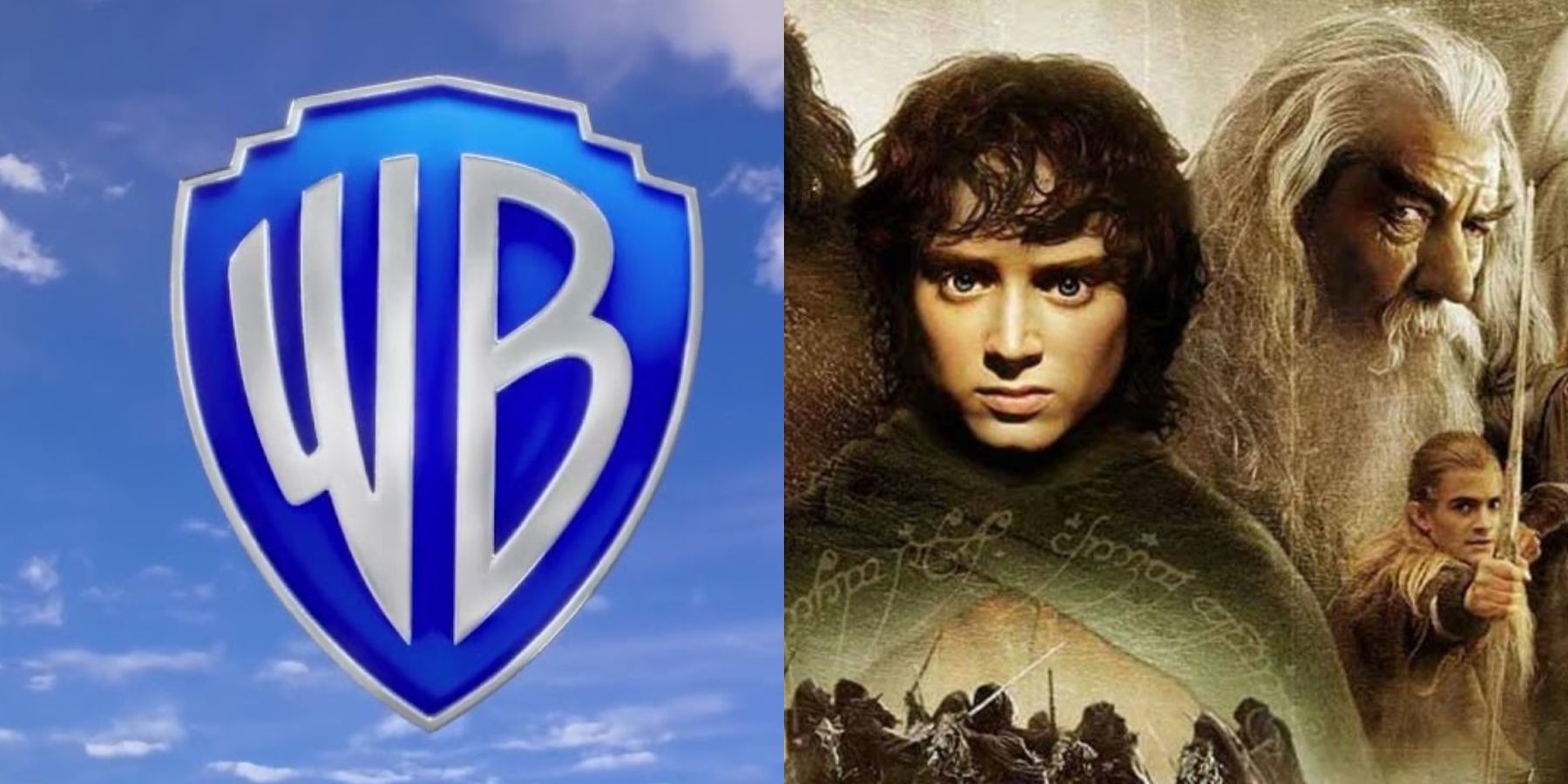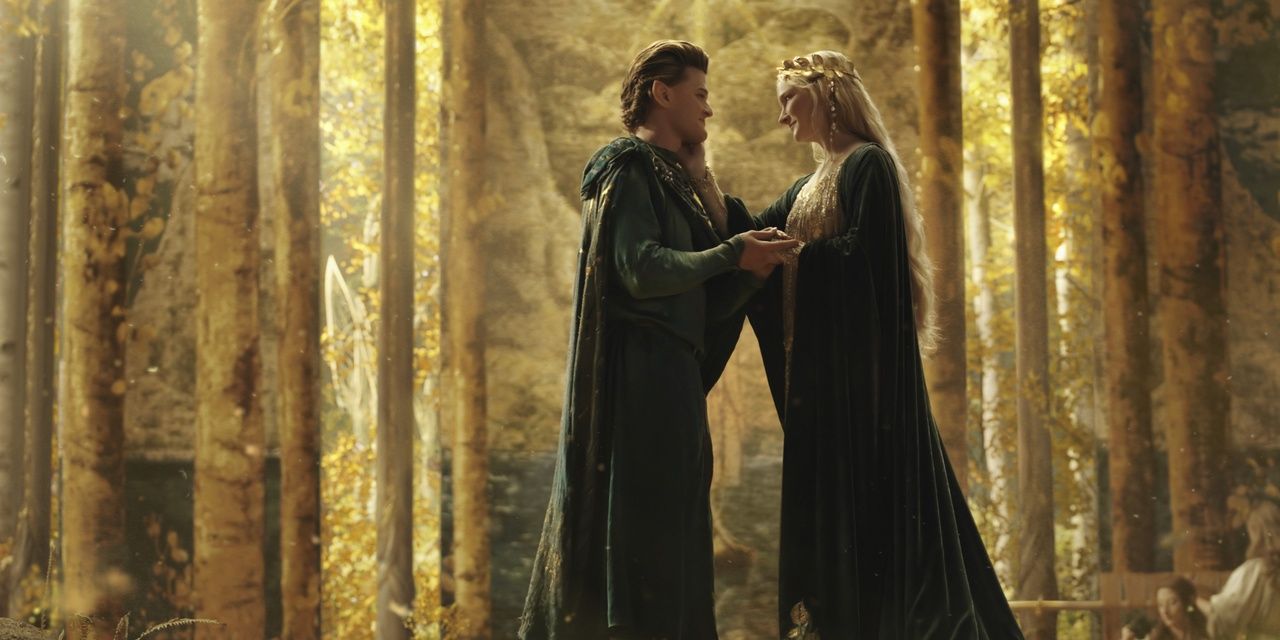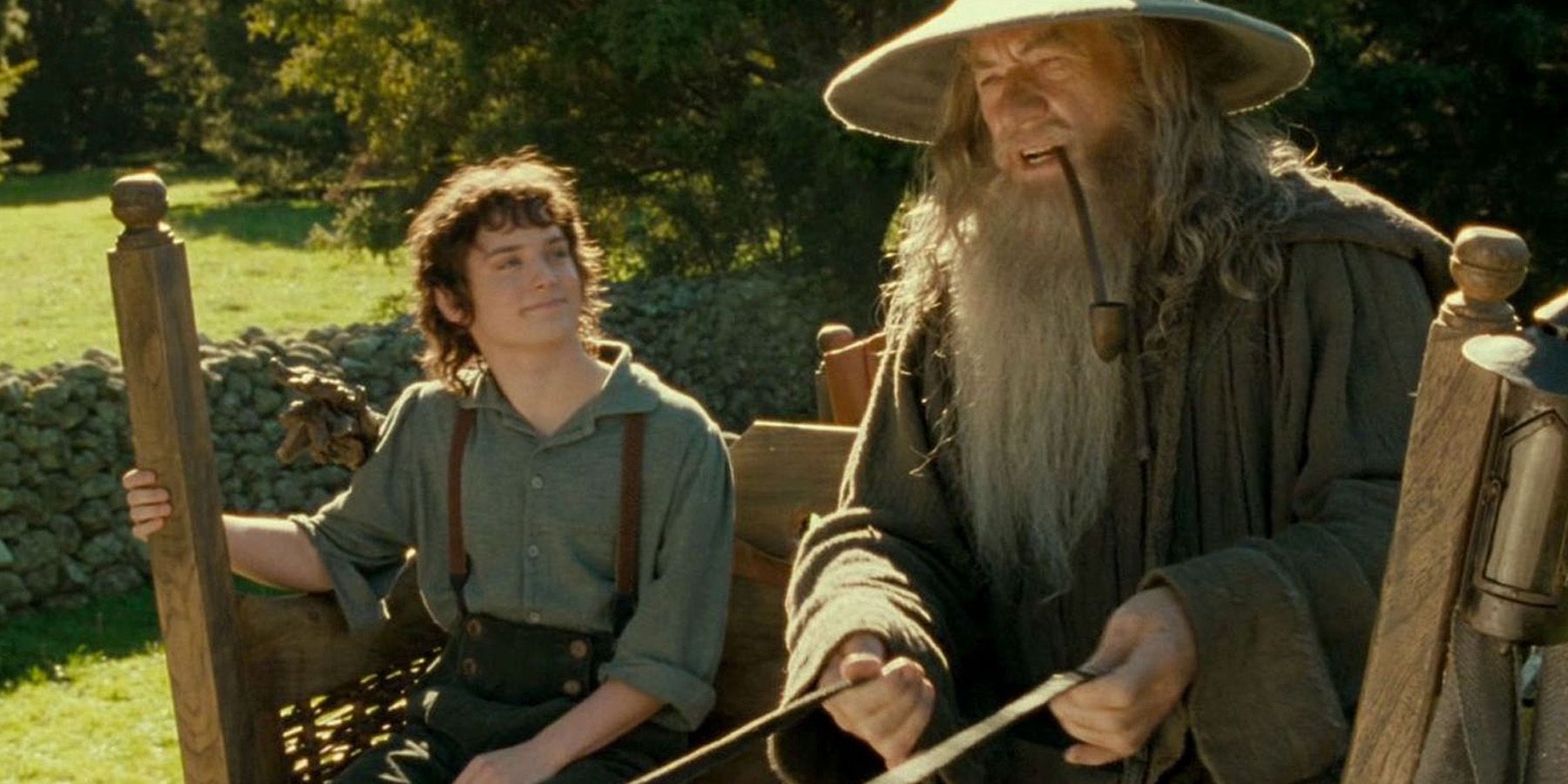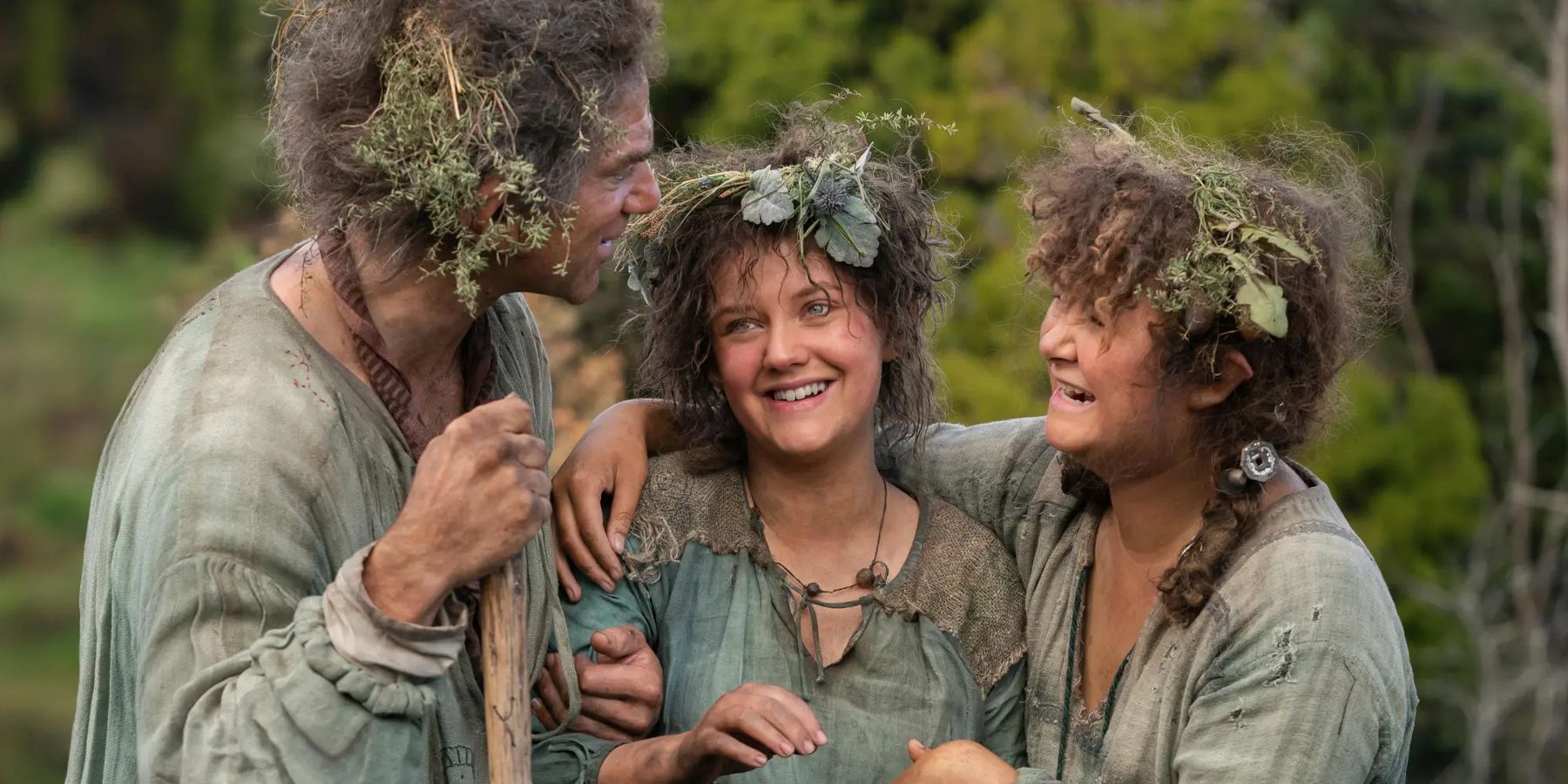There are some stories that never get old, no matter how long they've actually been around for. The Lord of the Rings is one such story, as Tolkien's world of Middle-earth seems to be an evergreen source of entertainment throughout the generations. The books were popular decades before they were ever adapted, and there have been multiple on-screen depictions of Tolkien's work - from the animated Hobbit movie to Peter Jackson's Lord of the Rings and Hobbit movies to the recent Amazon series The Rings of Power. The recent wave of nostalgia media also means that a lot of studios are looking to remake older IP that is beloved by its fanbase, because it's basically a guaranteed profit.
Warner Bros. has recently announced that they will be making new Lord of the Rings movies with New Line Cinema, the studio behind the original LOTR trilogy. This should be a good idea in theory, as the genre of fantasy is more popular than ever before, and having a beloved piece of IP should be enough to garner a profit, but it already feels like this is a doomed enterprise. People are more cynical of remakes and reboots than ever before, and Tolkien fans have always been picky about adaptations. If they really want to create movies that are as successful as the originals were, they'll certainly have their work cut out for them.
What Will Warner Bros LOTR Be About?
The studio hasn't actually released any details about what plots they might want to cover in the new movies, or even whether the new films will be adaptations of stories that haven't been put to screen yet (say, for example, The Silmarillion) or total reboots of the classic Lord of the Rings story. Any speculation about what story they might choose to tell in these new movies is just that - speculation. However, the direction they decide to go in might make or break their chances of success.
An adaptation of part of Tolkien's work that has yet to be seen on screen in any way might be more successful than a reboot, as there's nothing else to compare it to. A lot of fans have wanted an adaptation of The Silmarillion for a long time, but the Tolkien estate still holds the rights to the book, and have so far been uninterested in allowing anyone to get ahold of the film rights for it. Even if it wasn't The Silmarillion, any story that deals with a part of Tolkien's world that is new to the big screen would have a chance to be successful, as it would be able to stand on its own, in the same way that Rings of Power can be removed from the Lord of the Rings movies at least a little bit (though the comparisons will always be present, as is the nature of the beast). Trying to remake Peter Jackson's LOTR movies, however, would be a massive error on the part of Warner Bros. and New Line.
What Made Peter Jackson's Movies Special?
There's something special about those original Lord of the Rings movies that made them stick with people for far longer than any of the more recent attempts to capture that magic (with The Hobbit trilogy or Rings of Power). They were made with so much passion that it seeps through every element, and despite them being big-budget Hollywood movies based on well-known IP, they never feel like cash grabs. The films feel real and lived-in, with practical makeup and effects that truly make the world feel like it's something tangible, rather than just a CGI-fest. The movies are cultural icons at this point, and the fan culture around them is so well-established that it would be hard to recreate. In short, people really love these films, and trying to shift that loyalty to another project that might threaten the sanctity of the original is a gargantuan task for a studio to undertake.
Why Is It So Hard To Make New LOTR Content?
Since the Peter Jackson films were the first big adaptations of Tolkien's work, they kind of set the standard for all future adaptations, which is why any movie based on the books is going to be compared to those films. They've been around for long enough that they've lodged themselves into the cultural zeitgeist and are probably the images that people most readily associate with the series. This is a problem that any new adaptation is going to have to overcome, as a lot of fans were really happy with the way that Jackson adapted Tolkien's work - in particular, how accurately it translated from page to screen - and new stories based on LOTR (especially any remakes) will have to compete with that. Rings of Power experienced this firsthand, as it was fairly popular, but not as lauded as such a big-budget project should hope to be. Fans were critical, and they analyzed every piece of it against the original movies they first fell in love with.
When people have loyalty towards a piece of media, they usually don't appreciate when that nostalgia gets messed with, which is why Warner Bros will have to tread carefully. Fans might be receptive to a brand-new Middle-earth story, but likely won't respond well to a remake that tries to redo what the original films did so well. People get attached to the actors who originate roles, and since the LOTR movies were so well-cast, fans really associate those characters with the actors who brought them to life. It would be hard at this point to picture anyone other than Elijah Wood as Frodo, for example. The movies aren't even that old yet, which also adds to the skepticism around any sort of remake. While 2001 was now more than 20 years ago, it still feels too present to warrant a total reboot.
Of course, no one knows for sure exactly what Warner Bros. and New Line are planning, and so a remake is only a possibility. At the very least, hopefully they listen to fan suggestions and criticisms and don't try to overstep, as fans will be quick to let them know when their adaptations aren't wanted. However, this also gives the studios a chance to possibly create something new and exciting, and bring the world of Middle-earth to a whole new generation. While it may be more likely that any attempt they make to try and touch the story will just end with anger from the fandom directed towards them, there's still a chance that something good could come out of it.


